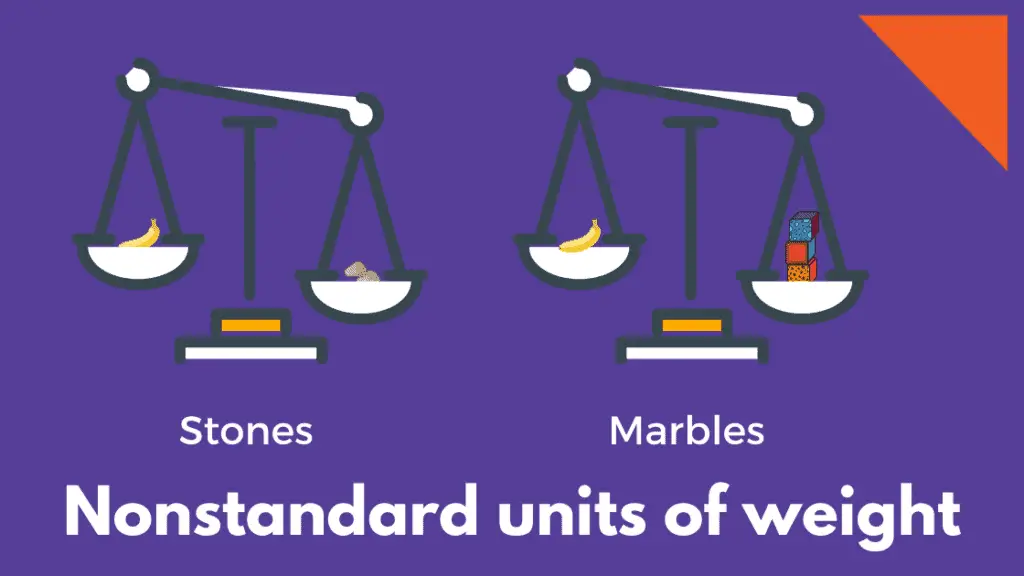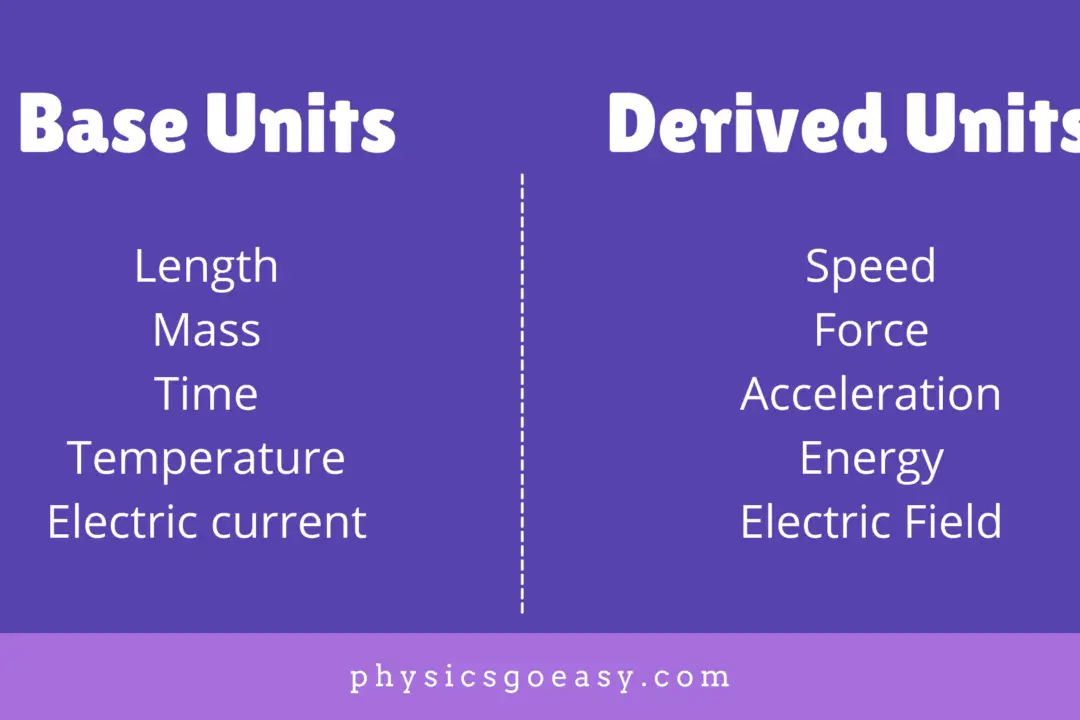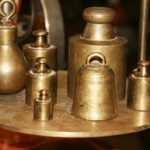
The agenda of this article is to understand what are nonstandard measurement units. The unit of measurement is used to express a given quantity in the multiples of the standard quantity. The measurements can be done in two ways, one is the use of standard measurement units and the other is the non-standard measurement units.
Standard and Non Standard Units
Fundamentally, the standard units are those units that are globally accepted and are used by the people more frequently than others. For example, a ruler that is marked with centimeters and inches is one such standardized tool. These are issued by a standard organization acceptable all around the globe.
The non-standard units are those units, which are used by a group of people in their respective areas only. For example, if a student is asked to measure his study table he can very well use any one of his books and measure how many book lengths make the length and width of his table. There are no such rules when such unit system are used as they are informal and
Examples of nonstandard units
One can find a number of examples of nonstandard units of measurement present in the physical world such as a tea staler giving 1 liter of tea according to its cup size. Similarly, for calculating the area of the colony according to the number of houses, suppose there are 10 houses each of 1000 square feet, so the area of the colony can be considered to be 10000 square feet. Another example that is generally used by most people is the distance covered by them by approximating the number of steps covered by them. Suppose each step covers 2.5 feet and a person travels 10 feet so the distance covered is 25 feet.
Measuring with non standard units
Nonstandard units of length
Let us take an example that there are 60 students in a class and out of which Ram is the tallest of all the students present in the class and Shyam is the shortest student in the class. Therefore, one can say that all the students are taller than Shyam or it can also be represented as all students being shorter than Ram.
Nonstandard units of capacity
Consider another case where one has to fill a large tank of water using five different kinds of vessels, each of different size, shape and capacity. Let us consider that the first vessel will take twenty times to fill the tank with water whereas the second and third vessels take fifteen times individually to fill the tank with water. However, the fourth vessel takes twenty-five times to fill the tank with water and the fifth vessel takes five times only to fill the tank with water. It is clear that in the given set of vessels, the capacity of the fifth vessel is the largest whereas that of the fourth vessel is the smallest in the given set of vessels.
Nonstandard units of weight
Now, for a clearer understanding, consider that we have been given a balance scale to measure three different quantities which are a box of chocolates, five batteries, and three oranges. Here we shall equate each quantity with one another respectively. We find that the box of chocolates is lighter than five batteries and three oranges whereas the weight of three oranges is more than the weight of five batteries. So, the three oranges are the heaviest followed by the five batteries, and then by the box of chocolates, according to their weights.
Similarly you can also use stones and marbles used while playing as non standard units of weights. Consider an example of measuring the weight of a box of chocolate using stones, marbles or blocks. Depending on the weight of these objects weight of one banana might be equal two stones, 10 marbles and 3 blocks.

What is the disadvantage of using non-standard units of measurement?
The above are examples of non-standard units of length, capacity, and weight, but what if we have to find the exact height of a student named Rohan or the capacity of the third vessel, or the weight of three oranges. Under these circumstances, the standard units of length, capacity and weight must be used which are meters, liters, and kilogram respectively.
Thus, when the measurement is done with the use of standard units, we can say that the height of Rohan is 1.53 meters, the capacity of the third vessel is 153 liters, and the weight of the three oranges is 1.3 kilograms.
Hence, with the use of the standard units, the exact value can be deduced which is globally accepted. The biggest advantage that one gets by applying the standard units is that they are globally accepted. However, in the case of the non-standard units of the measurements, one has to convert the non-standard units of measurement into the standard units of the measurement in order to present clear information and global acceptance.
What are the benefits of the use of non-standard units of measurement?
A major benefit of the non-standard units is that the students get a visual representation of the physical world and also can easily correlate different aspects. Students should first be introduced to the non-standard units of measurement as it can help them in easily understanding the different aspects of the measurement such as the height of a person, or the the capacity of a tank, etc.
Hence, through this system of knowledge, students can simply correlate with the standard measurement units.
Activity For Students
For performing these activities students would need certain items which that can use as tools for measuring length, mass and capacity of various objects.
Activity 1: Measure the length and width of any room in your house using your baseball bat as a measurement tool and after that using a standard meter scale. Compare these two results.
Activity 2 : Measure the weight of three oranges or apples by using random stones and marbles in your house. Do you need more marbles to measure weight of orange or more stones are needed for this measurement?
Further Reading






